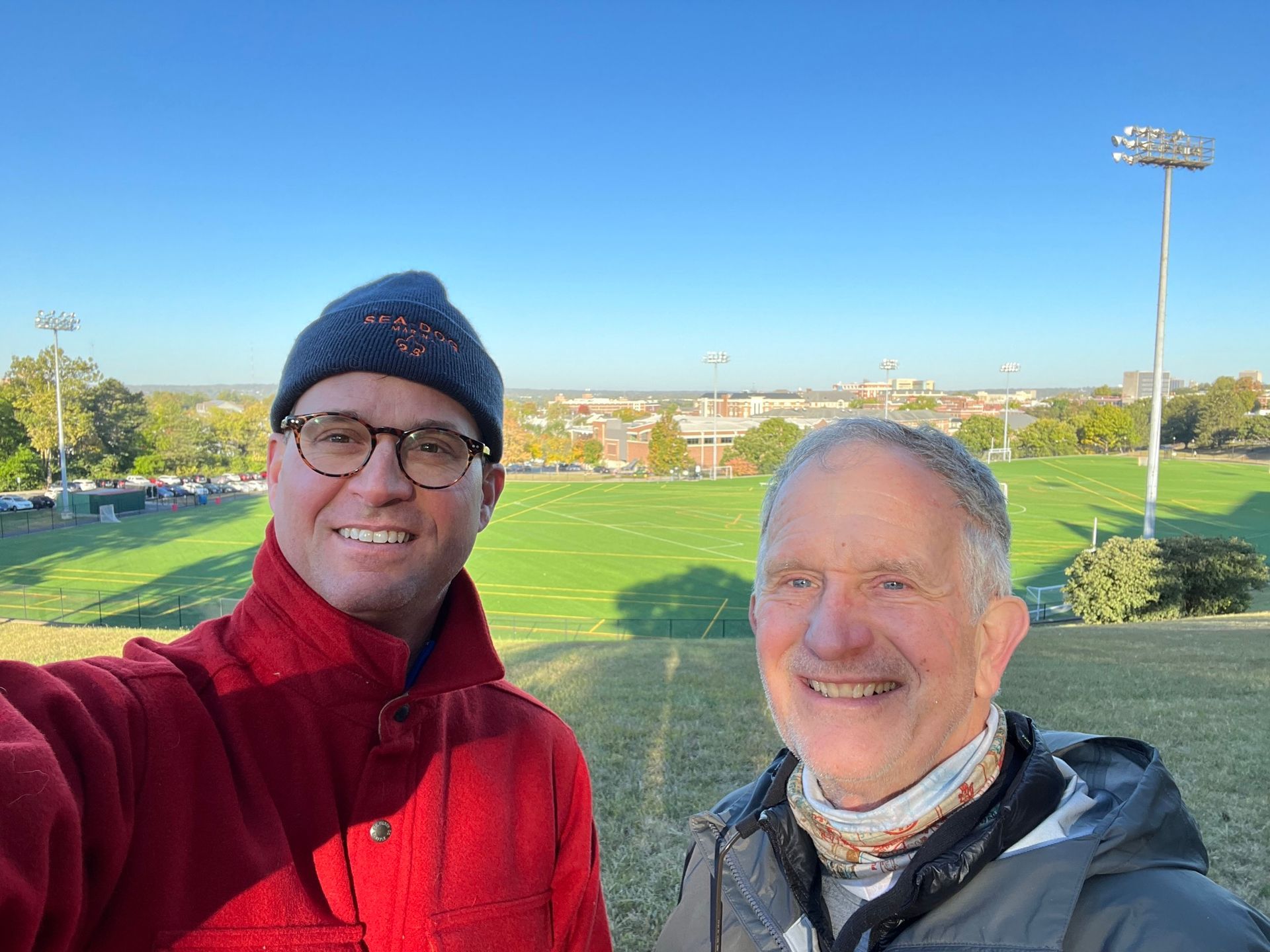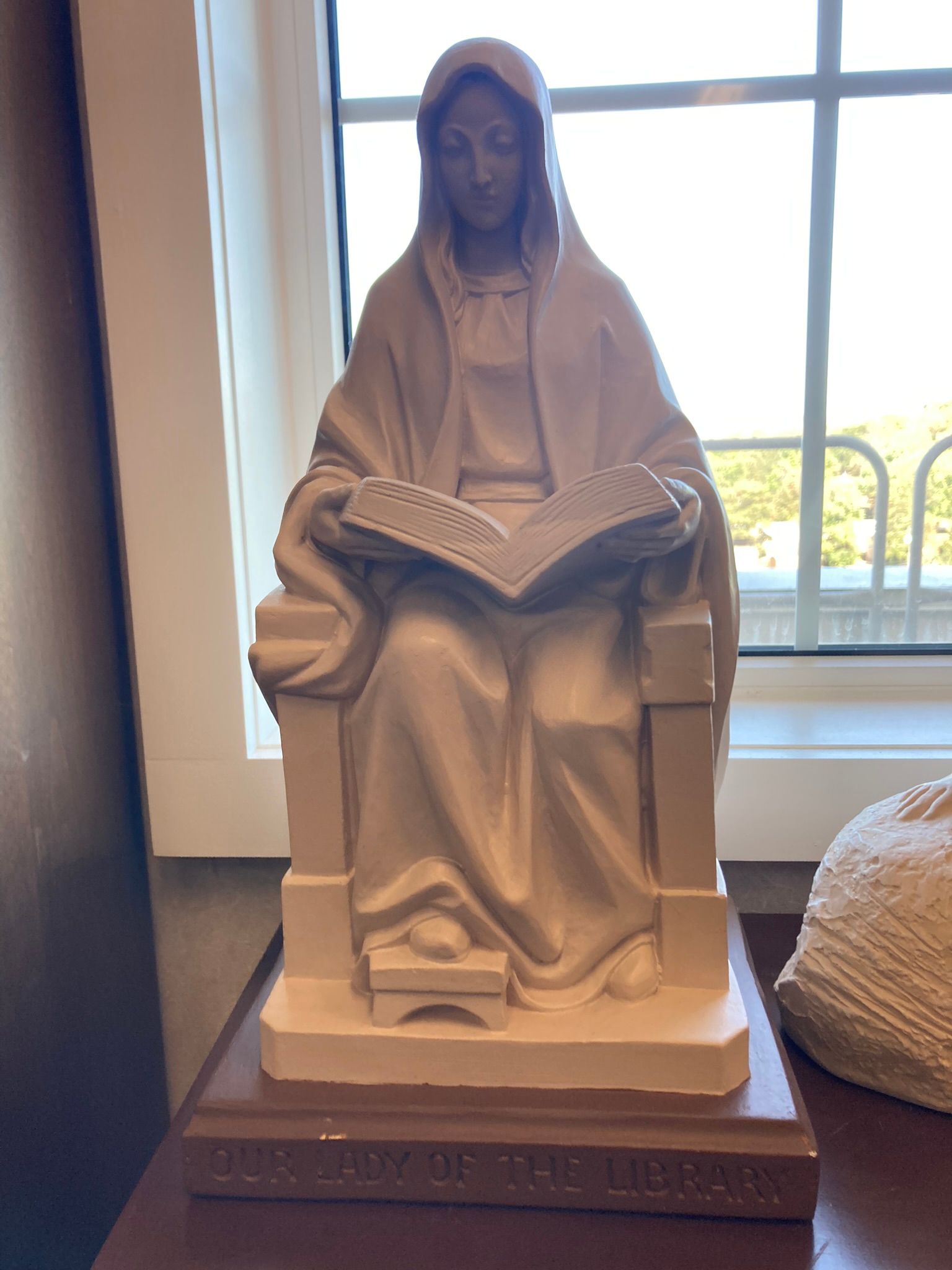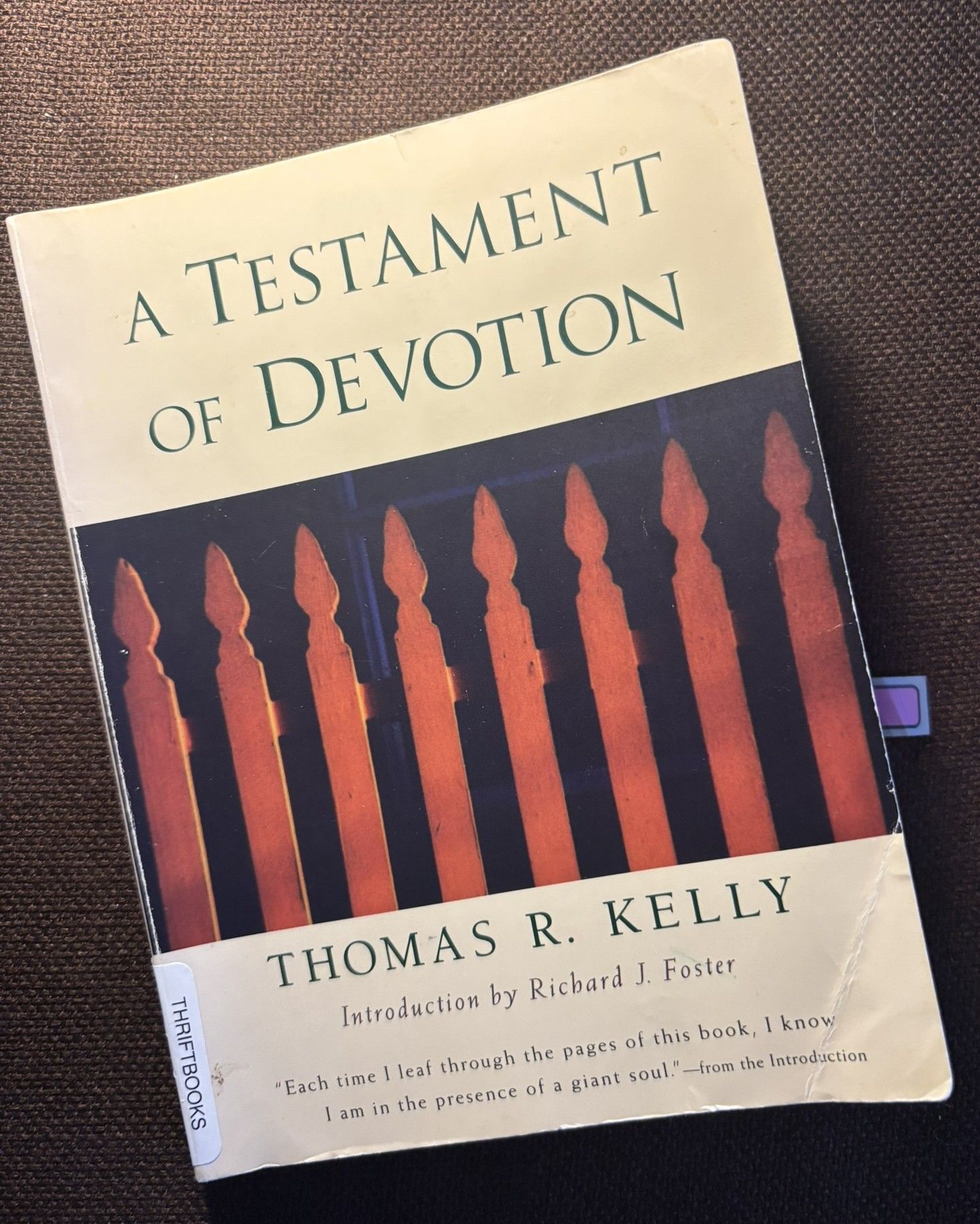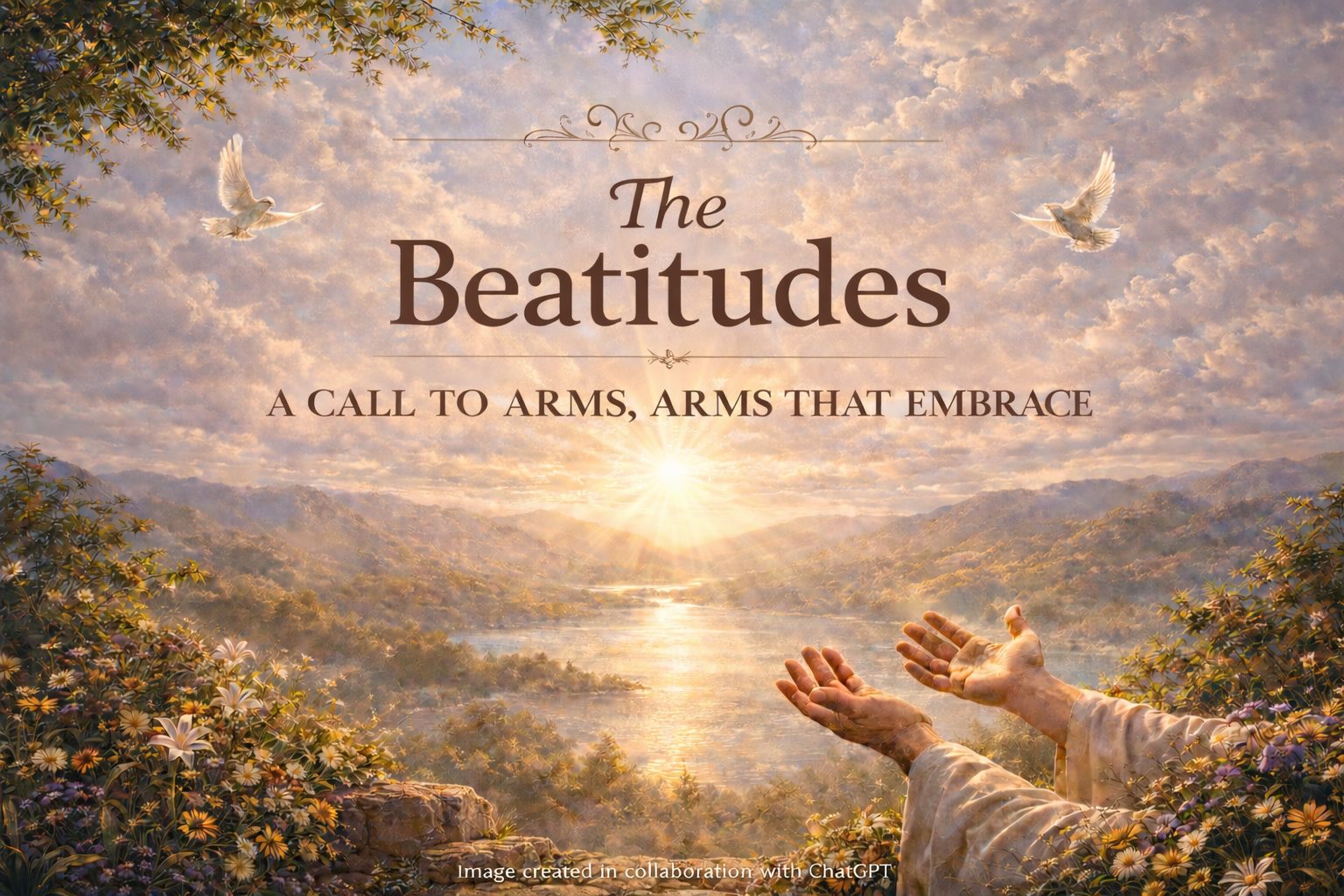The Fundamental Option In Later Life: Choosing the Kind of Person We Want to Be
“According to this interpretation [of fundamental option], somewhere in the course of our lives we make a fundamental decision about what kind of person we intend to be, about how we have chosen to live our life.”
~Joseph H. Lackner, SM, Virtues for Mission, p. 38
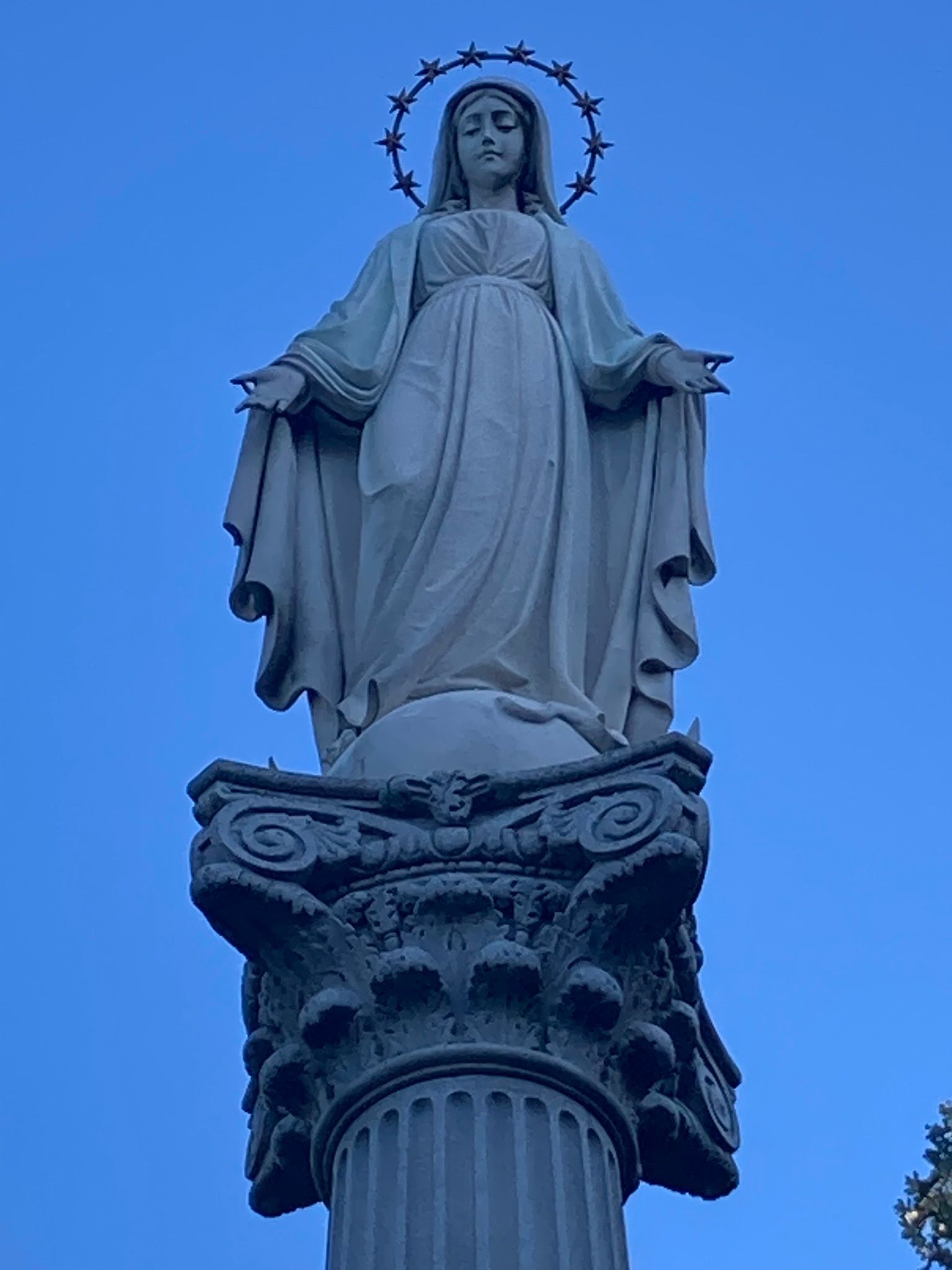
I can’t tell you the exact day or even month when I made the decision to change the person I had become to something different. Looking back, it wasn’t “a” decision, it wasn’t even a conscious decision, but around the time I turned sixty-one I began heading down a different path than the toxic one I had been on. Over time, over the last decade or so, I’ve moved away from being unhealthily anxious, depressed, and wandering aimlessly; and moved toward becoming a healthier person in just about every aspect of life. There were events along the way that were out of my control or influence that moved me in a more positive direction, including I believe divine inspiration (perhaps a holy nudge - or shove...), but much has been the result of what has now become a conscious choice, to live my life in an ever more generative way, a way that leads toward flourishing. I still have a long way, a never-ending way, to go. And will, until the day I die.
My path these days is strewn with flowers and sage, crowding out the few weeds here and there; the sky is a pleasant blue, with white clouds and a glorious sun as far as I can see, interspersed with with dark-grey brush strokes of trouble hither and yon; and the destination in sight, in the distance, the winding ups and downs of the trail still to come, still unseen.*
All this started in my seventh decade.
As one who adores libraries, I loved this statue of "Our Lady of the Library,"
spotted during our tour of the University of Dayton.
I had never heard of the term, "fundamental option,” until my friend and colleague, Davin Carr-Chellman, sent me a copy of Virtues for Mission, by Joseph H. Lackner, SM (Society of Mary). Davin is a professor and the department chair of the Department of Educational Administration at the University of Dayton (UD). UD is a Marianist, that is to say it was founded by and is led by the Society of Mary, Roman Catholic University. I knew nothing about Marianism before Davin went to work there and it’s been fun and rewarding to learn a bit about it. In October, he even gave me a tour of their beautiful and inspiring campus.
Although I’m finding there has been much history and discussion about the idea of the fundamental option, here I’m just considering the simple definition Lackner provided (Karl Rahner and other deep thinkers who have written about this are going to take quite a long time for me to understand.) For now, the simple idea that we can make a "fundamental decision about what kind of person we want to be," is enough for me. That presents a powerful opportunity.
It is no secret that every one of us is getting older each day (each nano-moment, actually). We will all die. Some will die earlier than expected, others later. Some will live a more joyous life than their circumstances might suggest, others may live a more miserable life than their circumstances might suggest. Importantly, within our lifespan, we have the capacity to choose a great deal about how we will live our life. We have the opportunity, each day, to become more and more the “kind of person we intend to be,” as Lackner says when describing “the fundamental option.”
We have the ability to be generous or miserly, to proceed healthily or deleteriously, to live resolutely or negligently, and so forth in every area of our personal choice. Over time, these actions become who we are – we become a more generous, healthy, resolute person or more a miserly, sickly, wishy-washy person. These behaviors become how people describe us and eventually who we understand ourselves to be.
I am not naive about what we can and cannot do later in life, and how hard it can be to change the way we've lived our lives for decades. To be sure, there are many matters which are outside our control or even influence, but it is a mistake to think that we cannot make changes large or small to those choices, that direction, and the kind of person we intend to be in our later years.
When we hit sixty, seventy, eighty, or ninety we can decide to be more forgiving or more vengeful, more bitter or more grateful, to make the effort to make others feel loved or….not.
Sure, early in life we have the most options – we can save for retirement, or not; we can smoke cigarettes for years, or not; we can build relationships or a family, or not. Choices in later life are more constrained, more limited, and are subject to earlier events, what we inherited (and not just money but things like genes) and decisions we have already made.
Just as we make a choice, intentionally or unintentionally, about the kind of person we wish to be at a young age, we can also, I believe, reinforce what we are are already doing or re-choose at later stages of life.
And, to a greater extent than we might think, we can make a fundamental decision about how we will live through the final stages of life.
We are not helpless people, and our choices, both individual and societal, lead to predictable outcomes, as Dallas Willard, writing about spiritual formation, reminds us. “In today’s world, famine, war, and epidemic are almost totally the outcome of human choices, which are expressions of the human spirit,” he said, Renovation of the Heart: Putting on the Character of Christ.
While we don’t have total and often have little control of outcomes, we do have the ability to increase or decrease the odds that something will occur. If I do not take care of my health, the odds are that I will become unhealthy. If I take dance classes, the odds are - even at the age now of seventy-one - that I will become a better dancer, and surely healthier overall. The same is true for society. If we pollute the sky, the odds are that we’ll have a polluted sky. If we support tyranny, the odds are that our nation(s) will become more tyrannical.
There are some, like Sam Harris, who don’t believe we have free will. “Free will is an illusion,” he says, “Our wills are simply not of our own making. Thoughts and intentions emerge from background causes of which we are unaware and over which we exert no conscious control. We do not have the freedom we think we have.”
Do we have free will, or don’t we? I’ve read Sam Harris’ book, Free Will, and though he makes a persuasive case that we lack free will, to me his is a technical argument with little application to most of us in real life. Sure, everything that went before us will influence our decisions, perhaps even as Harris claims makes our choices inevitable, but even if that happened to be true, so what?
For me, this no-free-will viewpoint just lets everyone off the hook. Everyone has an excuse for not taking responsibility for their lives and their impact on others. Explain how we make decisions all you want, but in real, day-to-day life, we can choose how we will respond.
Which brings us to the fundamental option. That is, deciding the “kind of person we intend to be [and] how we have chose to live our life” (Lackner, p. 38).
I don’t care what age you are, what kind of person do you want to be in this next stage of life?
Make it so.
** OK, OK. This scene is painted more idyllically than realistically - there are more than enough little weeds and even some noxious ones, and a few storms along the way, some with torrential rain. But you get the idea. It's wonderful to be alive, eh?
Sources/Resources
Harris, S. (2012). Free will (1st Free Press trade pbk. ed.). Free Press.
Lackner, J. H. (2003). Virtues for Mission. The North American Center for Marianist Studies.
Willard, D. (2021). Renovation of the Heart: Putting on the Character of Christ. NavPress.
The University of Dayton
The University of Dayton:
About UD, https://udayton.edu/about/index.php;
The Marianists, https://udayton.edu/rector/mission_identity_roots/index.php; https://udayton.edu/about/mission-and-identity.php,
Catholic, Marianist Tradition, https://udayton.edu/about/catholic-marianist.php
The University of Dayton, https://en.wikipedia.org/wiki/University_of_Dayton
For more about The Fundamental Option
Bonjean Sr, R. D. (1983). Fundamental option in the theology of Karl Rahner and its relationship to moral development. Marquette University.
Coffey, D. (1997). Rahner’s Theology of Fundamental Option. Philosophy and Theology, 10(1), 255-284.
Miller, F. L. (1977). The Fundamental Option in the Thought of St Augustine.
The Downside Review, 95(321), 271-283.
Petrusek, M. (2017). Making the Fundamental Option Fully Free: How Human Capabilities Help Clarify Rahner’s Conception of Justice.
Philosophy and Theology, 29(2), 433-460.
